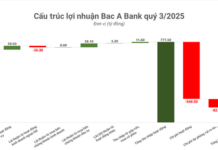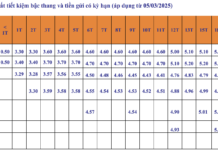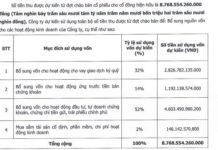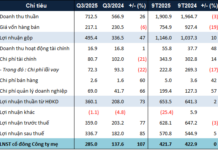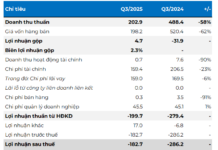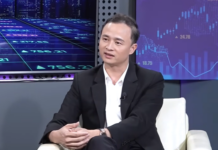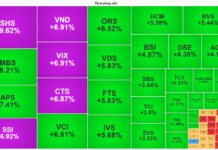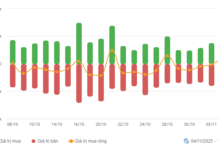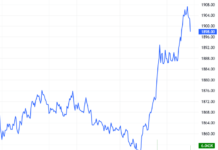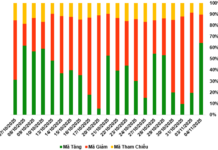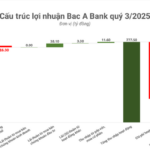Despite the positive performance of many global stock markets such as the S&P 500 and Dow Jones, the VN-Index has been trading sideways.
Commenting on the market movements at the ‘Khớp lệnh’ program, Mr. Tran Hoang Son, Market Strategy Director of VPBankS , stated that the VN-Index has been rather weak in the past three weeks, especially last week, moving contrary to the global market trend.
One influencing factor is the cautious market sentiment ahead of the Fed meeting on September 18th. Additionally, liquidity tends to decrease. Last week’s market liquidity decreased by about 20% compared to the previous week, indicating a cautious approach by investors towards the short-term market movements.
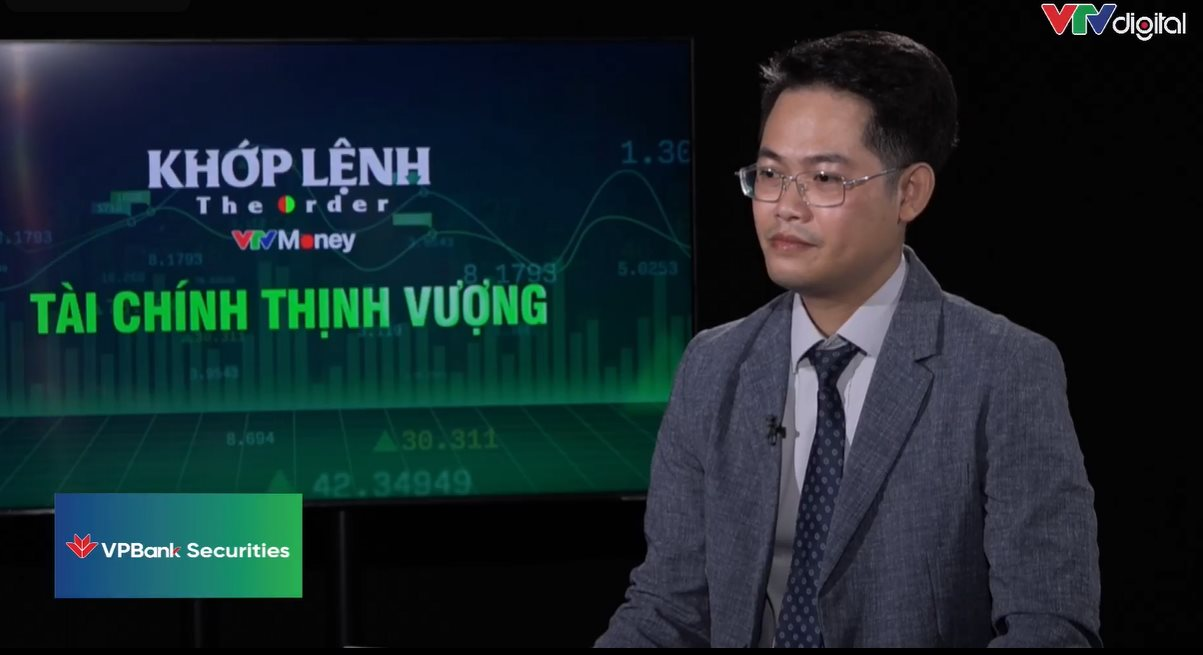
Mr. Tran Hoang Son, Market Strategy Director of VPBankS
Stock markets often experience sharp declines in the short term after the Fed cuts interest rates
Regarding the Fed’s actions, the VPBankS expert opined that historical data shows unpredictable stock market fluctuations when the Fed cuts interest rates. Specifically, in the three to six months after a rate cut, whether the economy enters a recession or not, the stock market usually experiences a gap down before moving upward.
“In the short term (about six months), the market may experience sharp declines that can “wipe out” investment accounts if investors do not carefully manage risks,” the expert said.
However, looking further into the medium and long term, Fed rate cuts will positively impact the stock market and the economy. If there is an economic recession, the market will decline after six months and recover after a year. If the economy avoids a recession, the stock market will perform well after six months and surge after a year.
It can be said that the expectations for the Fed to cut interest rates have been reflected in the past two years, with the S&P 500 performing well and nearing its historical peak. After the Fed cuts interest rates, capital tends to flow from overheated stock markets to markets with better returns .
Specifically, capital tends to withdraw from Japan, where the stock market has performed well, and flow into countries such as India, Thailand, Malaysia, and the Philippines, which have attracted significant capital in the past period. Thailand has experienced continuous net selling but has recently returned to net buying.
Overall, Mr. Tran Hoang Son predicted that capital is returning to ASEAN countries. At the same time, foreign capital will return to Vietnam in the near future, possibly by the end of this year or early next year . Vietnam has many attractive stories for foreign investors, including upgrades and a high-growth economy focused on exports.
In the US, money is still flowing into the money market as interest rates remain high, offering stable returns, good liquidity, and safety. Only when interest rates drop to a sufficiently low level will money be withdrawn from money market funds.
After the Fed cuts interest rates, we will enter the US presidential election period, during which the market usually weakens and recovers after the election.
Looking at the medium and long term, the stock market has much room for growth in the next 2-3 years, but caution is needed to navigate short-term fluctuations.
Discussing investment strategies, Mr. Son stated that the market has been performing poorly in the past two to three weeks, with declining liquidity, and most sectors, including banking, securities, real estate, and retail, losing ground. Therefore, expecting substantial short-term profits within T+3 or T+5 is challenging.








